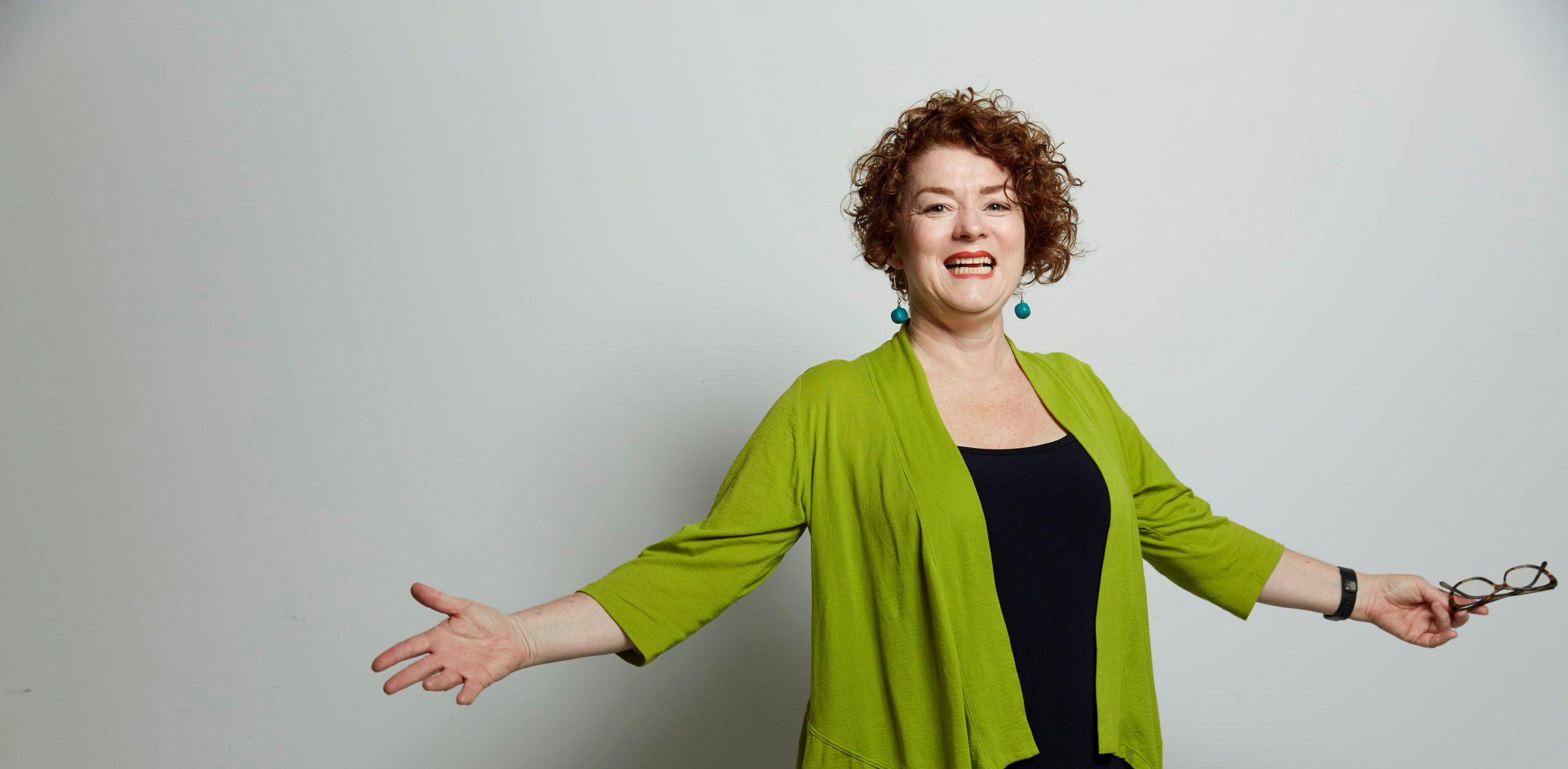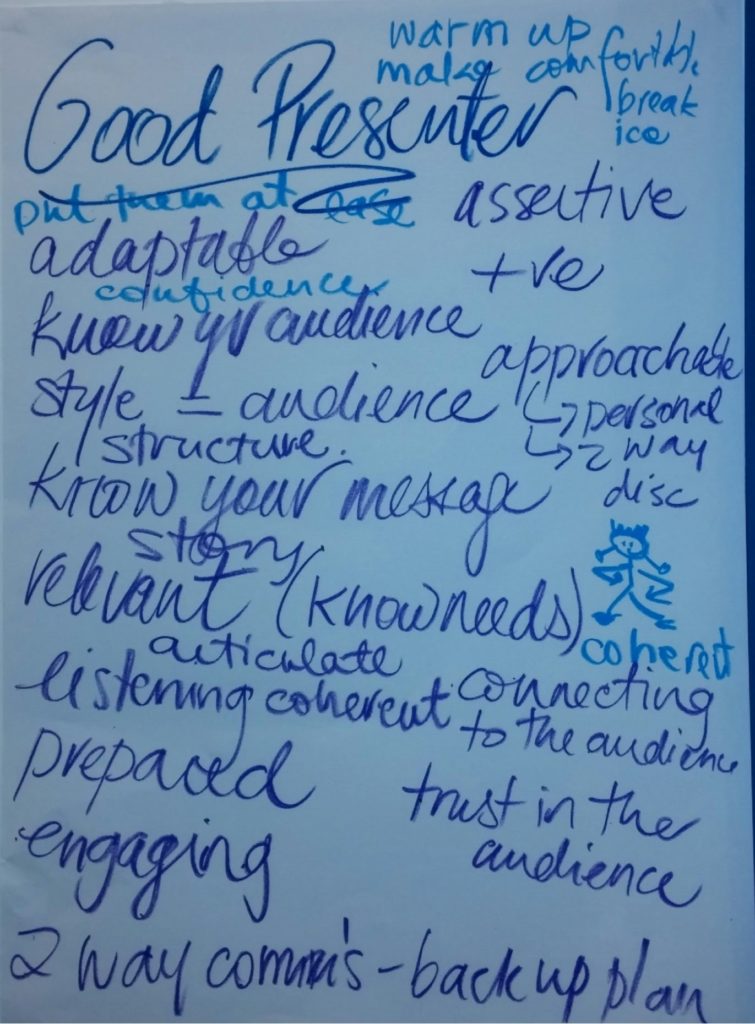
Amy Hodler works for Neo4j. Here’s her Linked in profile.
Neo4j specialise in graph analytics and the connections between data. I met Amy Hodler through the website Givitas
Things we mentioned
We’re human. We cannot parallel process. Take the time to sharpen your own skills and give yourself a rest. There’s always more to learn. There are always things you don’t know.
I mention Givitas, which is related to Adam Grant’s Givers and Takers research and Generosity Burnout. Here are some of the things Amy and I speak about.
- Amy Hodler’s background in Conflict resolution
- Why she took on projects she wasn’t quite ready for
- The worst thing you can do for your brain
- The all-important “to don’t” list
- What she looks for in a new recruit: Curiosity balanced with ability to concentrate, variety of things they’re interested in
- Why she asks potential recruits to describe a process
- Going beyond the problem the client thinks they have to the actual problem that needs solving
- We have a scarcity of good language to describe machine learning or AI so how do we get analogies and visuals to help flesh that out: e.g. the difficulties Amy had in explaining machine learning to her mother
- Amy’s Favourite Charity is a local community charity: the importance of making yourself available to help: the community finds you.
- How everybody “lies”. People don’t even know what they want.
- Why feedback and criticism is like training a dog
- Working ourselves “stupid”: Importance of sleep, The endless torrent of reading
Books and ideas Amy Hodler and I discuss

- The Information by James Gleick
- Black Swan the impact of the highly improbable by Nassim Nicholas Taleb
- Working on what you do well: the Strengthsfinder 2.0 and ViaStrengths will take you through a series of different questions to help you highlight your own strengths in the bigger picture. I prefer Strengthsfinder, it costs a little (just get your top 5). Viastrengths is more values than attributes, but you can get an initial report for free.
- Insight research and some practical things you can do to make your brain processes work for you.
- Why you should take notes by hand here and here
- I say in the podcast that negative feedback doesn’t work, and apparently I’m wrong, according to this study. But the same link will tell you that people ignore negative feedback 70% of the time, so in fact it is true that it’s a waste of our breath much of the time!
- Simon Sinek Start with Why, plus the video below
- Gretchen Rubin Happier at home plus the video below
Check out other podcasts from Women in Data Science in this series
- Elizabeth Moore
- Christina Igasto
- Browse all episodes here





